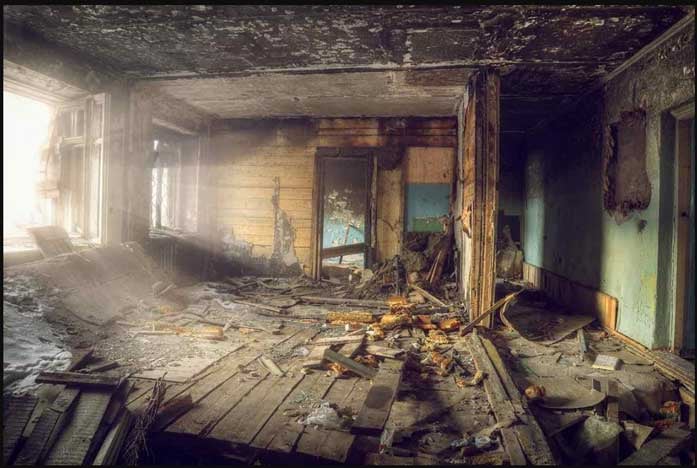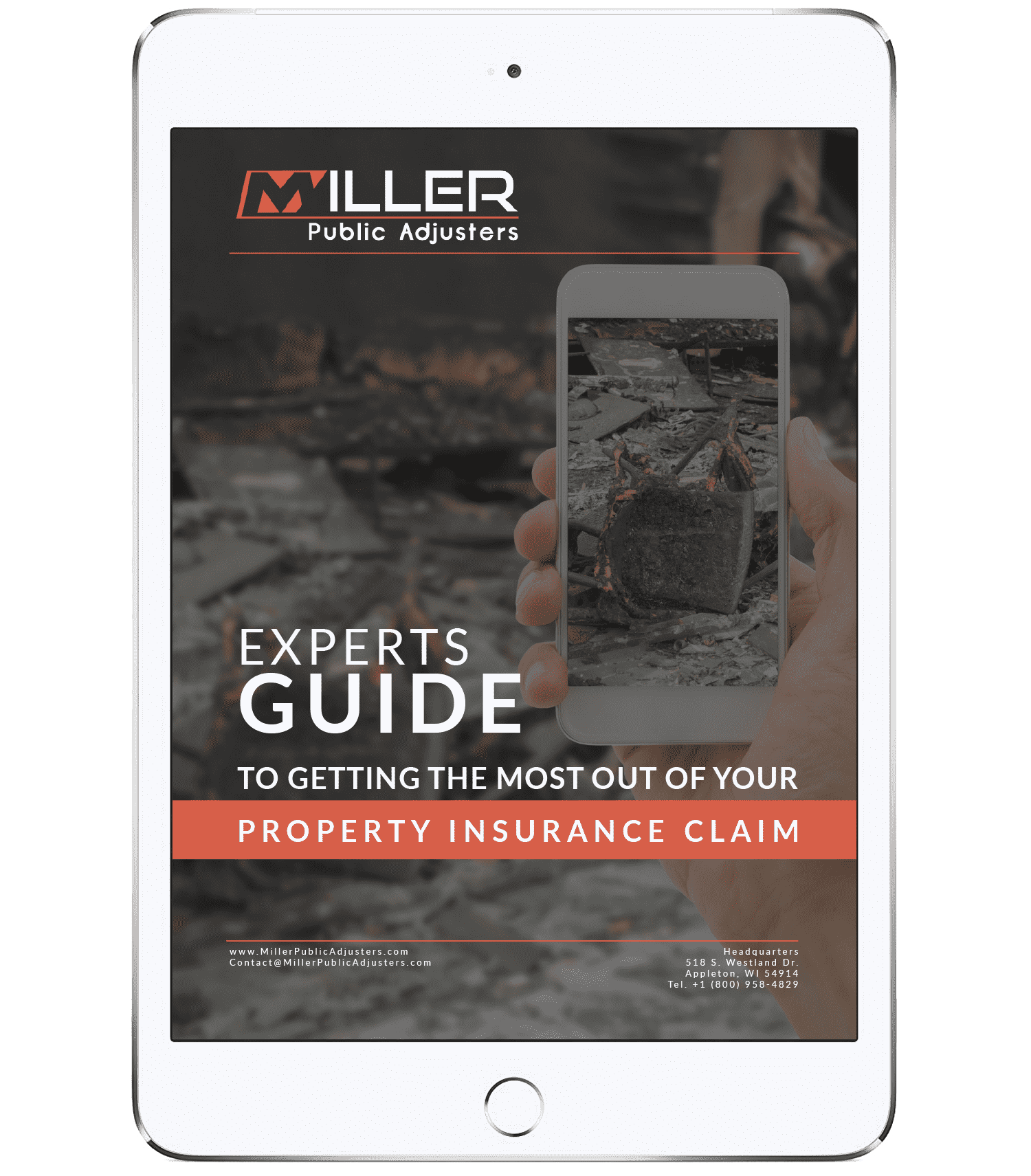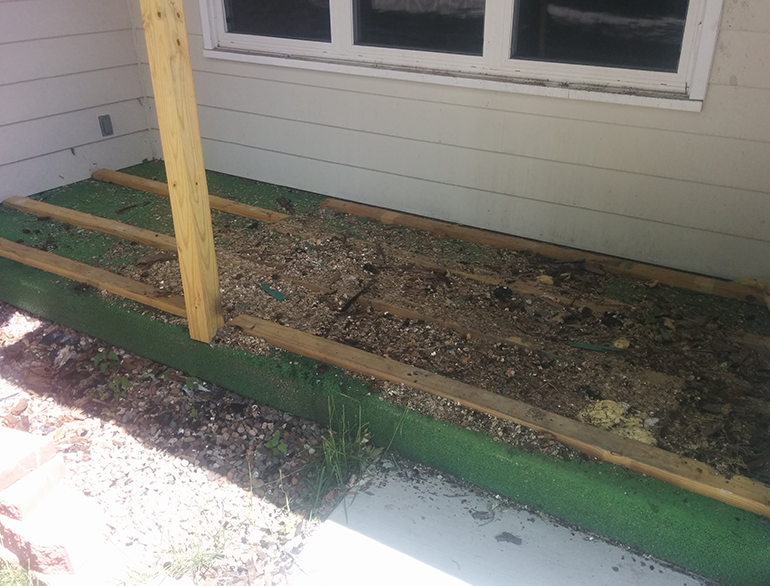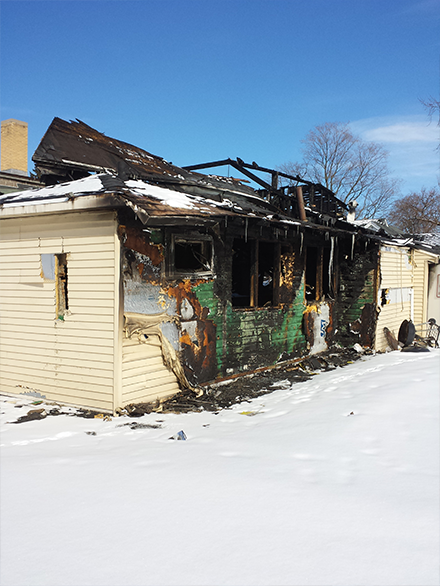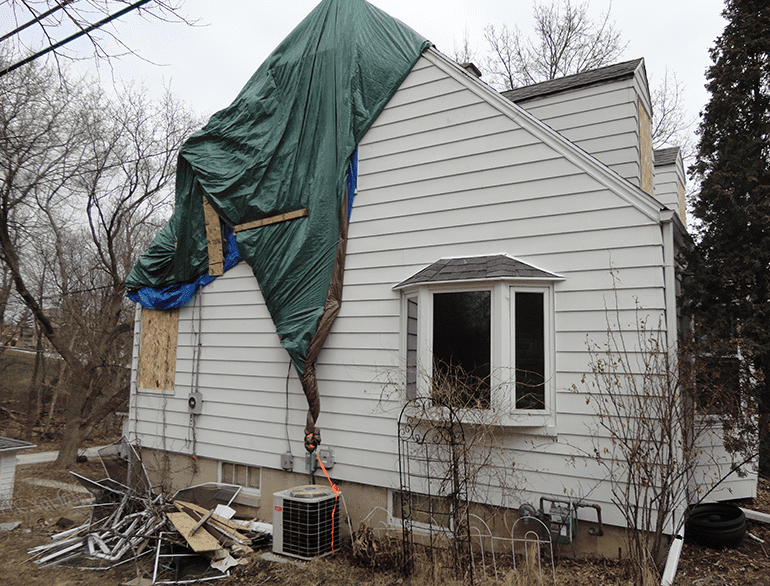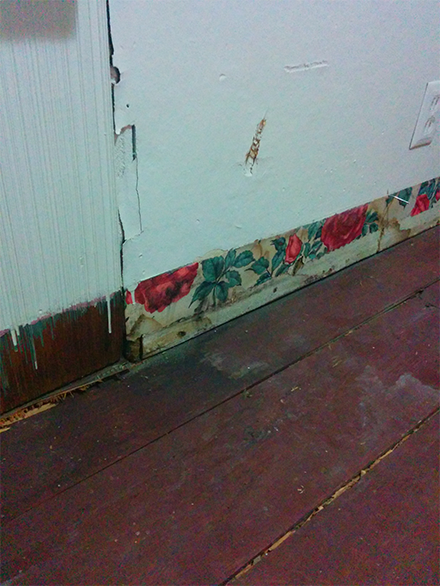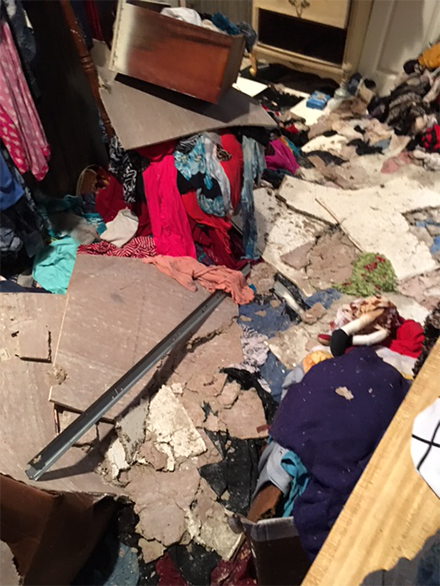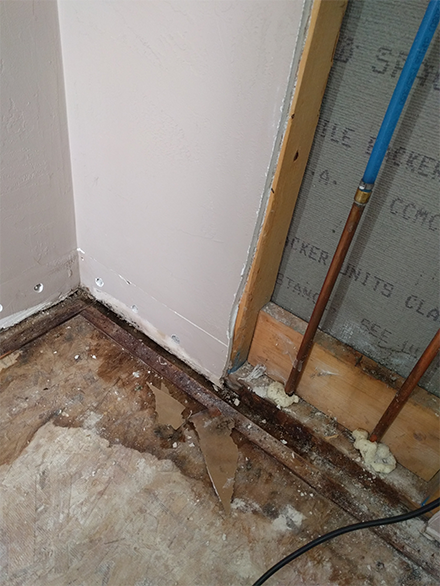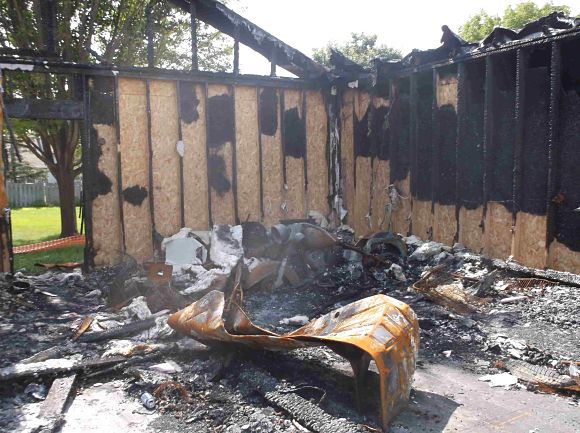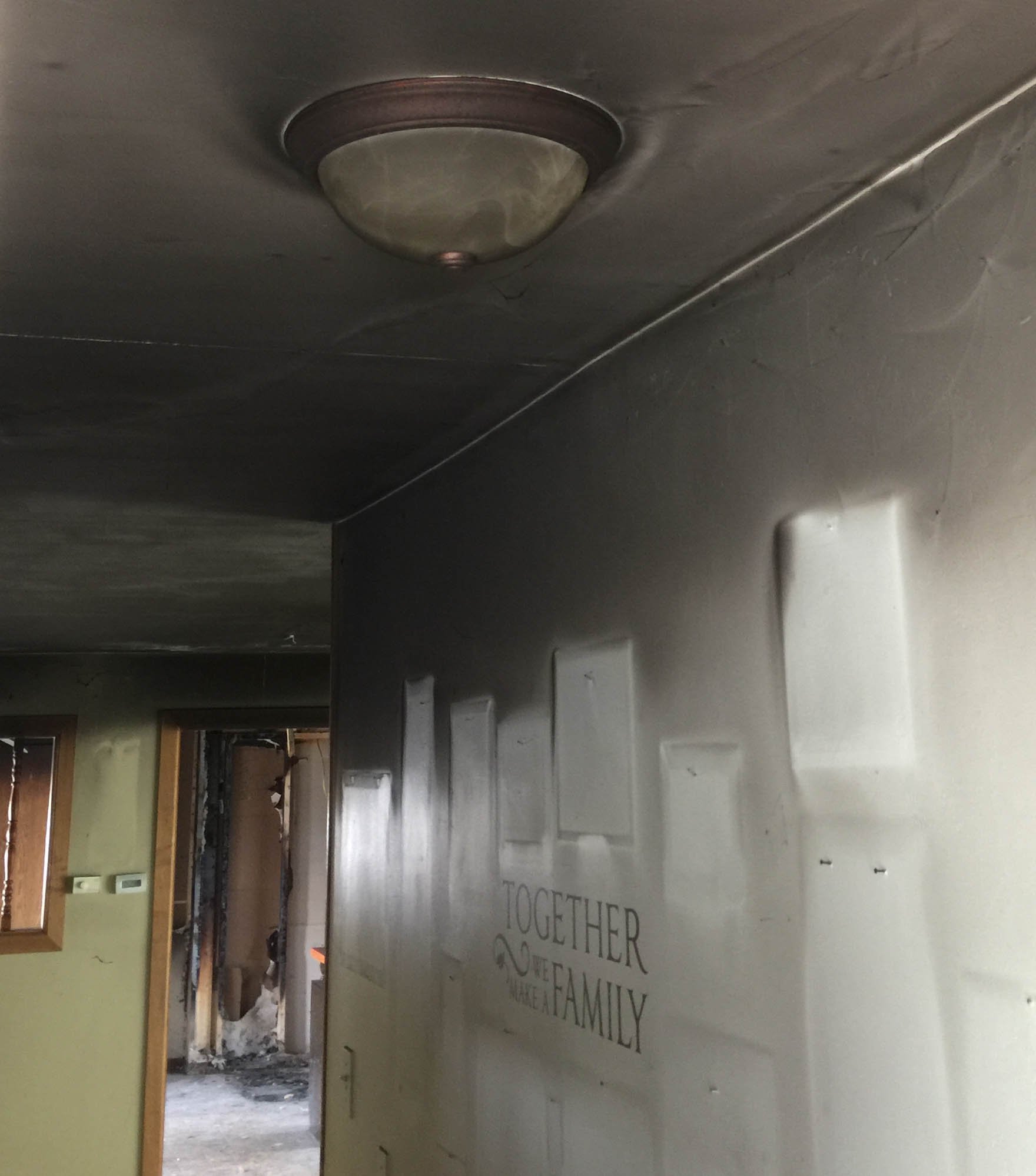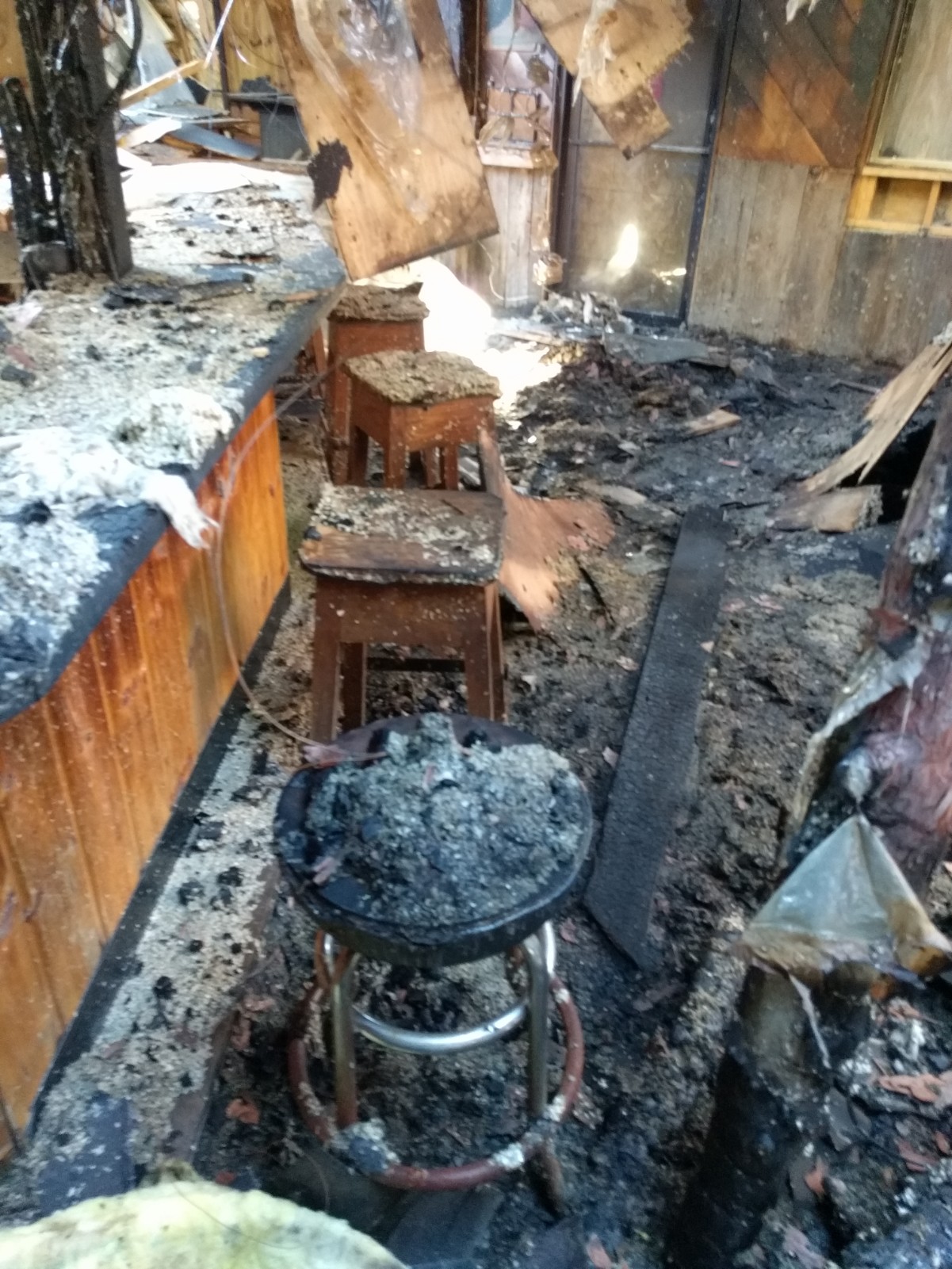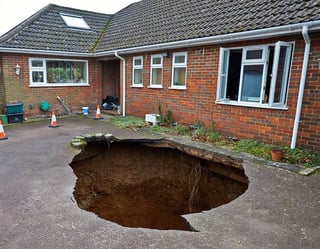
You may believe that, should you suffer a loss in your home related to either structural damage or personal property, it will be covered under your homeowner's insurance policy for reimbursement. You may not know, however, that there are several things homeowner's insurance does not cover and, these days, that list is getting longer and longer. This is because insurers are writing policies with additional limitations/exclusions that can only be found by reading the fine print, which policyholders often do not do.
Unusual Things Not Covered By Insurance
If you think your homeowner's insurance covers you for damage suffered from floods and earthquakes, you're likely mistaken. Standard policies don't pay for these disasters. Flood insurance must be purchased through the National Flood Insurance Program and earthquake insurance coverage requires a specific rider to your standard policy. Here's a list of other, more unusual things typically not covered by insurance:
Sinkholes
Earth movements aren't limited to earthquakes, but may include mudslides, sinkholes or the collapse of land sitting above old mine shafts or tunnels. These perils are often not covered by standard homeowner's insurance policies.
Nuclear Accidents
While your insurance coverage likely covers damage from vandalism, riots or other civil unrest, it probably does not cover damage resulting from nuclear power plant accidents.
Terrorism
Acts of war and terrorism are not covered.
Swimming Pools
Backyard swimming pools may be covered by your policy if certain safety precautions have been implemented such as installation of a tall fence with a locking gate, but claims for injuries or death where a diving board or slide was involved will likely be denied. Claims will also be denied if pool water freezes and causes structural damage.
Trampolines and Tree Houses
Other backyard risks likely not covered by a standard homeowner's policy include injuries relating to trampolines or tree houses.
Insect Infestation
Neglecting maintenance needs can cause problems/damage likely not covered by insurance, including termite or other insect infestation, damage by rodents, birds or bats, mold, rot and damage from smoke, smog or other forms of pollution.
If you feel your insurance company is treating you unfairly you can file a complaint with the state insurance commissioner or seek professional help.
Miller Public Adjusters currently serves the states of
Wisconsin - Florida - Illinois - Indiana - Michigan - Minnesota - Texas
Call us 24 hours a day at (800)958-4829 to schedule an appointment or
please fill out a Free Claim Review to see if we can help.
.png)



